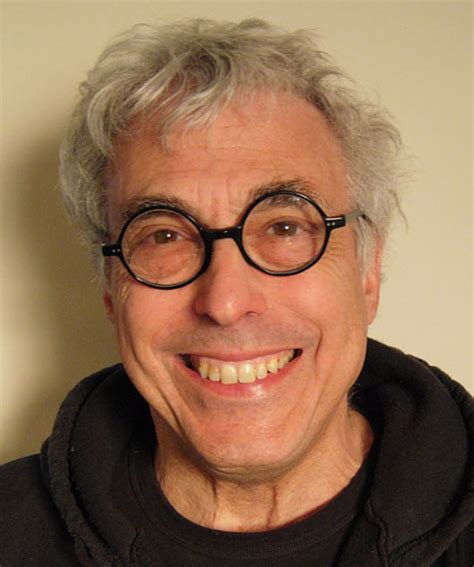Top 3 Quotes & Sayings by Jon Appleton

Jon Howard Appleton was an American composer, an educator and a pioneer in electro-acoustic music. His earliest compositions in the medium, e.g. "Chef d'Oeuvre" and "Newark Airport Rock" (1967) attracted attention because they established a new tradition some have called programmatic electronic music. In 1970, he won Guggenheim, Fulbright and American-Scandinavian Foundation fellowships. When he was twenty-eight years old, he joined the faculty of Dartmouth College where he established one of the first electronic music studios in the United States. He remained there intermittently for forty-two years. In the mid-1970s, he left Dartmouth to briefly become the head of Elektronmusikstudion (EMS) (sv) in Stockholm, Sweden. In the late 1970s, together with Sydney Alonso and Cameron Jones, he helped develop the first commercial digital synthesizer called the Synclavier. For a decade he toured around the United States and Europe performing the compositions he composed for this instrument. In the early 1990s, he helped found the Theremin Center for Electronic Music at the Moscow Conservatory of Music. He also taught at Keio University (Mita) in Tokyo, Japan, CCRMA at Stanford University and the University of California Santa Cruz. In his later years, he devoted most of his time to the composition of instrumental and choral music in a quasi-Romantic vein which has largely been performed only in France, Russia and Japan.
Related Authors































